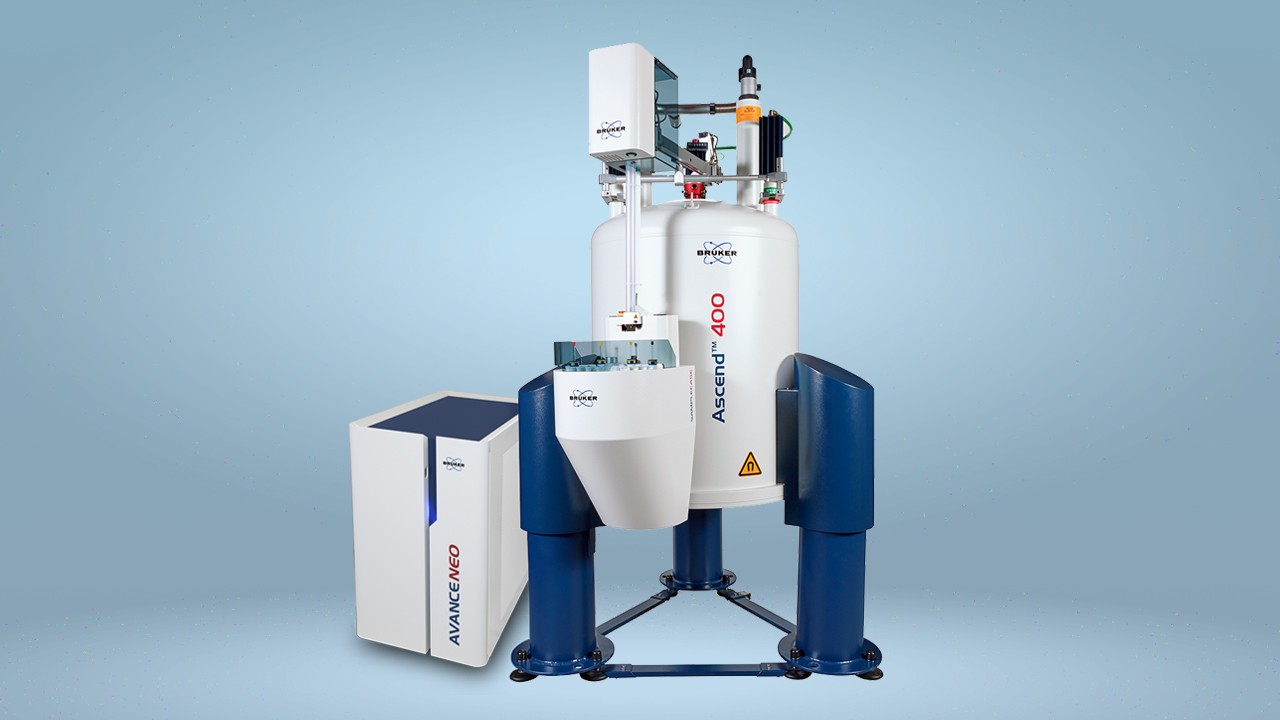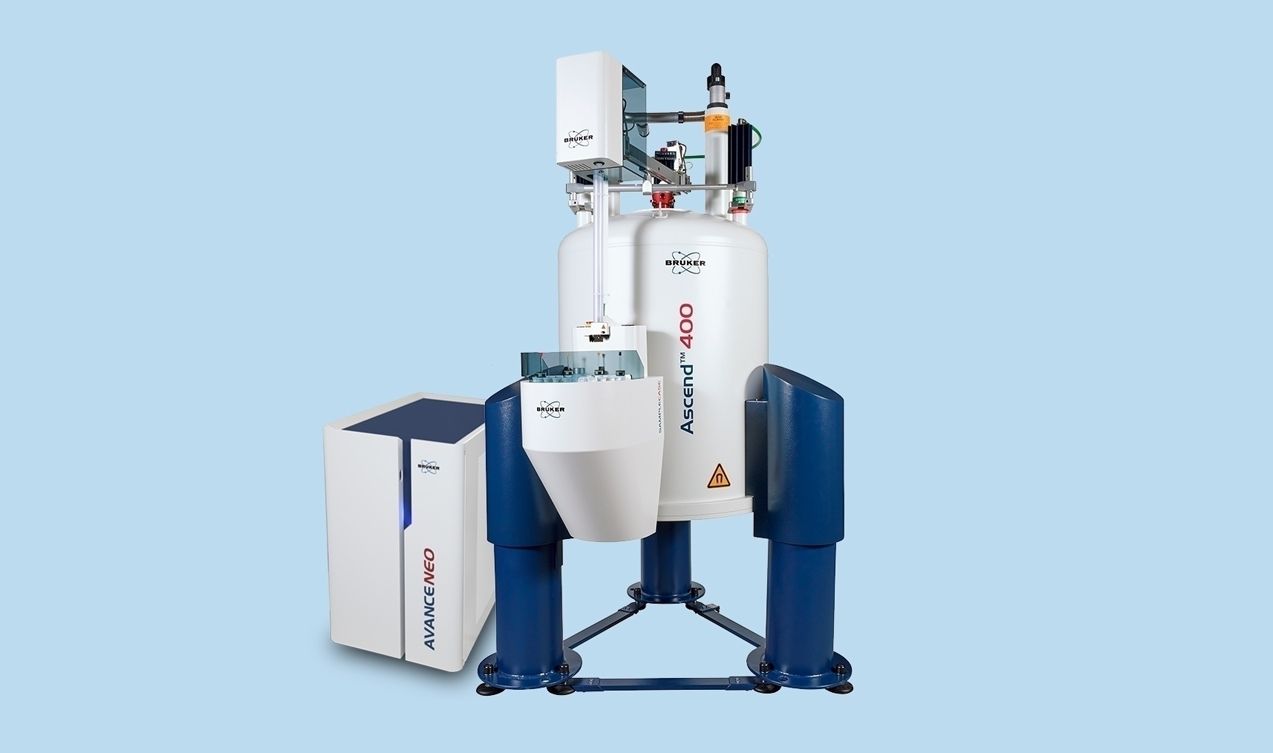1H-NMR Based Urinary Metabolomics Reveal Unique Prostate Cancer Profile *
“…NMR-based analysis allows to capture distinct metabolic traits in the urine from prostate cancer patients..” published by "Bruzzone C, et al. J. Proteome Res. 2020. https://dx.doi.org/10.1021/acs.jproteome.0c00091"
The prostate-specific antigen (PSA) test has been used for many years to screen for prostate cancer. Although it facilitates early detection of prostate cancer and has improved survival rates, it has serious limitations. The test relies on determining blood levels of PSA that are elevated in prostate cancer. Since elevations in blood PSA can arise in a variety of ways, the test is not specific for prostate cancer and so is not infallible. Other less serious prostate conditions, such as benign prostatic hyperplasia (BPH), prostatitis, or prostate injury, as well as vigorous exercise and ejaculation, can result in higher PSA levels. Such a risk of false positives leads to unnecessary patient anxiety and the potential for overtreatment. False negatives are also possible, in 1 of 7 men with a normal PSA level having prostate cancer. In addition, the PSA test does not indicate whether a patient has a high-risk aggressive tumor or a low-risk slow-growing tumor. Cancer treatment may, therefore, be given to a patient for a tumor unlikely to cause symptoms during his lifetime.
There is consequently an urgent unmet need for an effective non-invasive biomarker for the early detection of prostate cancer with high specificity. Prostate cancer cells undergo profound signaling and metabolic reprogramming that significantly alters their metabolic profile. Elucidation of the precise nature of these changes would facilitate the identification of a more specific biomarker for prostate cancer. Metabolomic analysis detailing all the small molecules metabolites present in a sample provides a powerful tool for such research.
Nuclear magnetic resonance (NMR) spectroscopy metabolomic analysis has recently been used to investigate the molecular basis of prostate cancer. Urine samples from over 650 men with prostate cancer or BPH were analyzed by 1H NMR to identify metabolic alterations specific to prostate cancer. NMR spectra were obtained using Bruker Avance IVDr spectrometer i.e. Bruker Avance III HD 600MHz. The samples were prepared according to standard procedures and measured in full automation with the Bruker’s bodyfluid NMR methods package B.I.Methods 1.0. For each sample, 3 standards experiments have been measured: 1D 1H-NOESY, 2D 1H-JRES, and 2D 1H-TOCSY.
This is the first comprehensive metabolomic study of prostate cancer conducted on such a large cohort. It revealed significant changes in urine metabolite profiles that discriminated prostate cancer from BPH.
Metabolites from glycolysis and the urea cycle pathways were present in considerably lower concentration in urine samples from individuals with prostate cancer compared with those from patients with BPH. This observation is in accordance with the fact that prostate cancer cells are known to minimize the production of metabolic waste products in order to maximize their usage in anabolic processes to support increased cell growth.
The research also revealed for the first time that urine levels of metabolites that contribute directly or indirectly to cancer cell growth, such as acetate, lactate, glucose, glycine, oxaloacetate, and lipids, were also significantly reduced in prostate cancer.
Bruker NMR Instruments are not intended for Use in Clinical Diagnostic Procedures.


